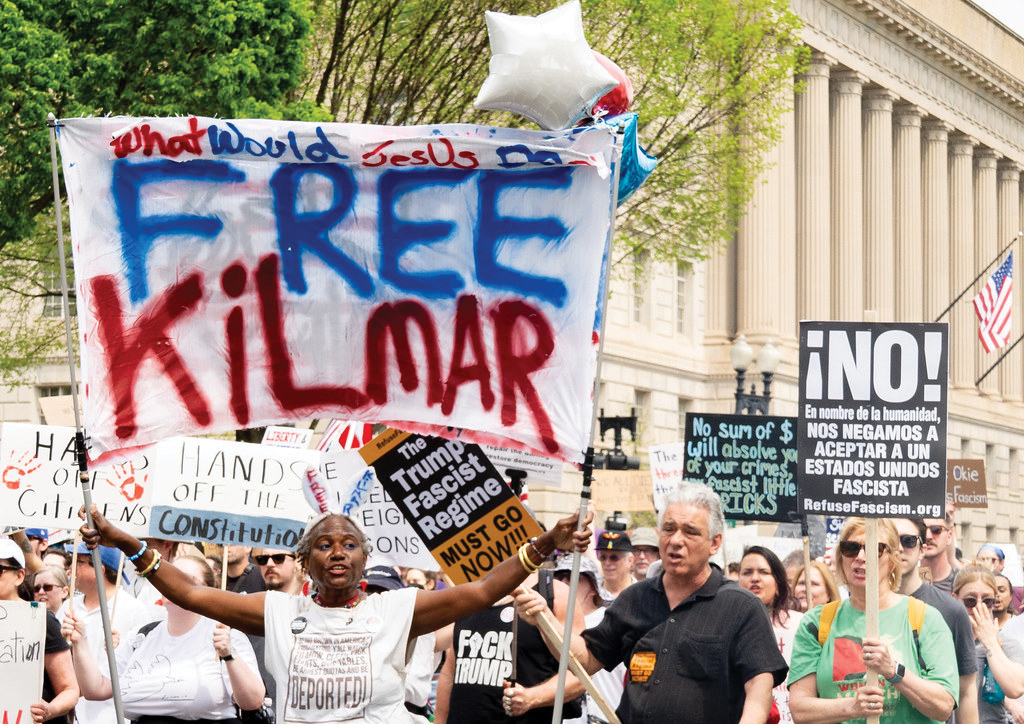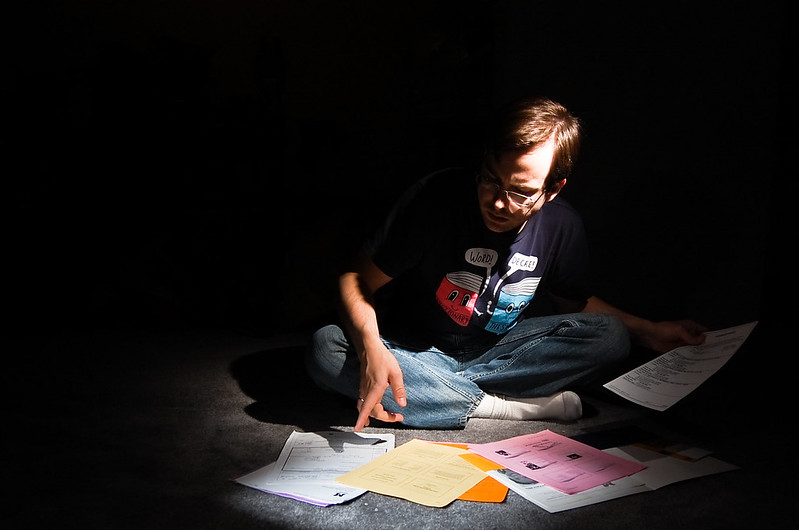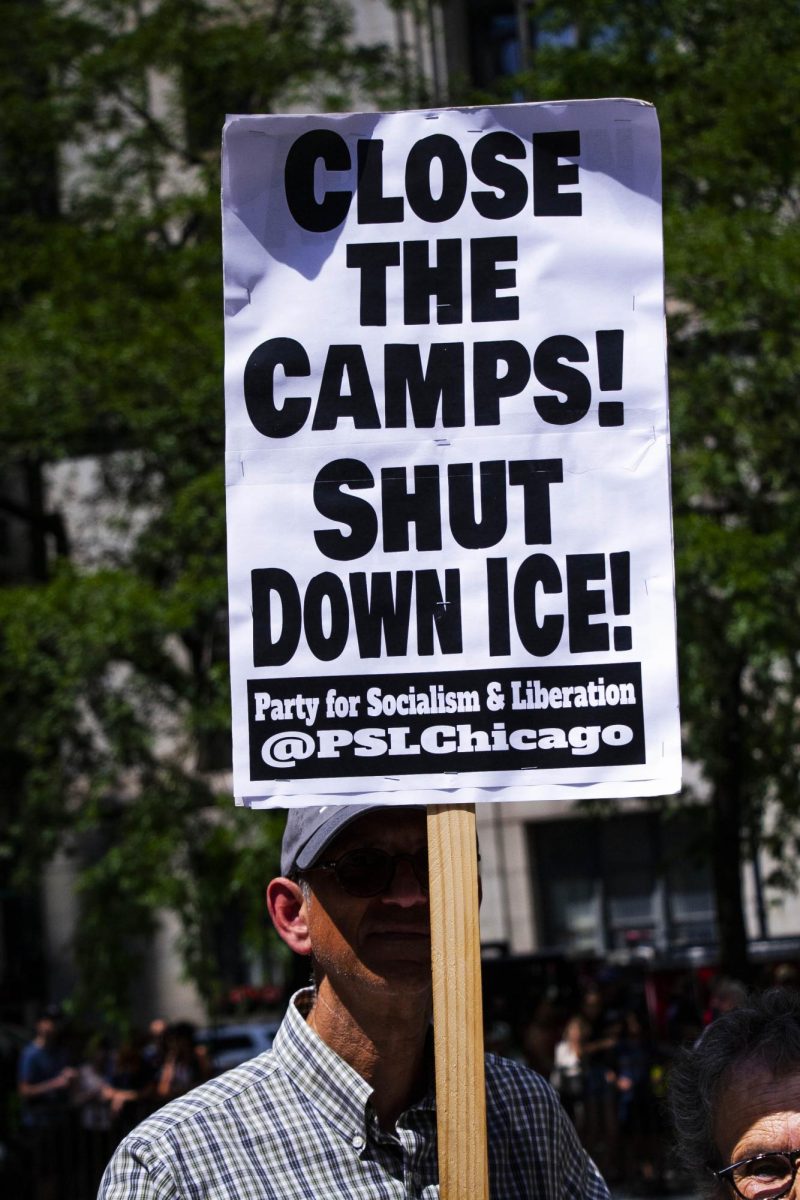Kilmar Ábrego García’s return to the United States as a free man, after being wrongfully deported by the Trump Administration to a Salvadoran maximum security prison, ends with new federal human smuggling charges and threats of being deported to Eswatini, Africa.
Background/ Introduction
Kilmar Ábrego García came to the United States as a teenager from El Salvador. In 2019, an immigration judge granted him protection from being deported to El Salvador, citing threats of persecution by gangs in his home country.
U.S. authorities deported him to El Salvador under what the Trump administration later called an “administrative error in March, despite the earlier legal protection. This later changed their stance on Ábrego García’s deportation by accusing him of being a gang member.
García was confined in El Salvador’s Terrorism Confinement Center (CECOT). CECOT which is notorious for its harsh conditions, including no visits for prisoners and never letting prisoners outdoors. CECOT itself is under scrutiny in El Salvador over accusations of violating human rights.
Return and Criminal Charges
García was brought back to the United States after a month-long back-and-forth with his lawyers and the Trump Administration on June 26. However, García was immediately taken into custody on new charges cited by the U.S. Attorney’s Office over accusations of human trafficking during a 2022 traffic stop in Tennessee. García pleaded not guilty to federal human smuggling charges on June 13.
Deportation Threats and Destinations
While awaiting trial, García’s attorneys successfully filed a motion to allow him to return to Maryland on Aug. 22. García was taken into immigration custody and transferred to a detention center in Virginia on Aug. 25. The Trump administration said that because Ábrego García is not legally allowed to return to El Salvador because of the prior judge’s decision, he faces deportation to Uganda.
While being transported to Virginia, Ábrego García rejected a plea deal by the Trump administration to be deported to his preferred location of Costa Rica only if he pleaded guilty to the federal charges. The Trump administration wrote in an email to Ábrego García’s lawyers on Sept. 5 that they now plan to deport him to Eswatini, Africa.
Ábrego García’s defenders argued that these removal attempts violate his due process. They said that the government is using deportation threats to pressure him into pleading guilty.
Government Position and Prosecution’s Latest Filing
Federal prosecutors in Tennessee filed documents rejecting allegations that the prosecution of Ábrego García stemmed from political vindictiveness on Sept. 17. They wrote that, although some elsewhere in the executive branch have voiced “ill will” toward him, no evidence shows that ill will motivated the decision to charge him. Instead, they say they acted to hold accountable individuals allegedly involved in serious criminal conduct.
Human Impact and Public Attention
García’s case has drawn widespread attention from immigrant rights groups, legal scholars and some political figures. Advocates argue that his situation illustrates broader systemic failures, namely wrongful deportations, politicized immigration enforcement, due process problems and lack of oversight when executive agencies and the Department of Justice overlap.
His family, including his wife and children, have repeatedly voiced concern over the psychological, emotional and physical toll of his repeated detentions and the threat of deportation. His lawyers say he has missed key family milestones due to his detention and constant relocation.
What Happens Next
García remains held in a Virginia detention facility under ICE custody as of Sept. 19 while his criminal case and removal proceedings proceed in parallel.
His legal team has scheduled further hearings, including a hearing on whether the court should block his deportation until he has a full opportunity to present his case which is set for Oct. 6.
Prosecutors maintain they will seek to try him on human smuggling charges, but defenders continue to ask judges and oversight bodies to investigate whether the government has improperly mixed criminal and immigration enforcement, possibly using one to advance the goals of the other.
Broader Implications
Ábrego García’s case highlights tension between immigration enforcement and constitutional rights. It raises concerns about how the Government handles deportation when legal protections conflict with judicial orders.







